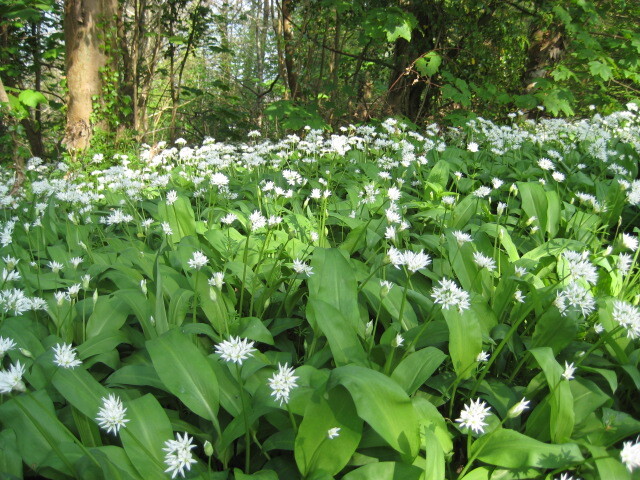St. Vincent & the Grenadines Climate Change Mitigation and Adaptation and Disaster Risk Reduction Curriculum Consultancy
A Sustainability Frontiers team composed of David Selby and Fumiyo Kagawa and Rowan Oberman, SF Associate Member from SF’s partner organisation, the Centre for Human Rights and Citizenship Education, Dublin City University, Ireland, has embarked upon a twelve-month consultancy on behalf of the Government of St. Vincent & the Grenadines (SVG). The National Curriculum Development in Climate Change Mitigation and Adaptation and Disaster Risk Reduction Consultancy began in February 2019 and will continue until February 2020.
SVG is at risk from multiple hazards including hurricanes, storms and storm surges, tsunamis, coastal erosion, flooding, drought, landslides, earthquakes and volcanic eruptions. Climate change is exacerbating the severity and frequency of such hazards. The Government of SVG is responding to the increased threat through a regional project funded by the World Bank and the Climate Investment Fund Pilot Program for Climate Resilience. Within the project a key area for investment is the education of children and youth in how to engage with disaster risk reduction (DRR) and the need for climate change mitigation and adaptation (CCMA). The SF consultancy is the flagship development for the SVG education sector.
The broad aim of the consultancy is the development of a national climate change and disaster risk reduction curriculum for lower secondary schools across SVG. The consultancy breaks down into four interrelated tasks:
- Task 1: Writing of an Inception Report and Data Collection. Following setting out their proposals for the methodology, scheduling and deliverables for the consultancy, the task of the SF team is to review and make a compilation of participatory learning tools for understanding CCMA and DRR issues, materials on disaster and climate change forms a small islands developing states (SIDS) perspective, and existing curriculum materials on CCMA and DRR. They will also collect SVG and Caribbean cases study materials. Out of this work will emerge a handbook for teachers.
- Task 2: Developing CCMA and DRR Curricula for Schools. Out of the preceding work the team will develop cross-curricular lessons and activities organised in modular format for grades 1 to 3 of secondary school. Meetings and workshops with students, teachers, educators, curriculum developers and CCMA/DRR experts will inform the curriculum developed. When the first draft is ready a further round of meetings and workshops will be held to elicit feedback.
- Task 3: Piloting the Curriculum. The curriculum will then be piloted in classrooms with the impact and quality of the materials being evaluated through student and teacher focus groups, lesson observation and workshops prior to refinement.
- Task 4: Development and Piloting of Teacher Training Modules. Discrete training modules for trainee teachers, in-service professional development purposes and the training of trainers will be developed and each piloted and refined. Following this, a final consultancy report will be written
For details of the partnership between Sustainability Frontiers and CHRCE, click here.
For details of SF’s other work on climate change and disaster risk reduction in the Caribbean click here and here.

